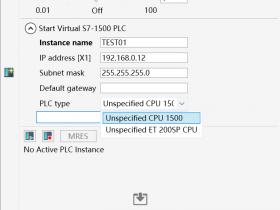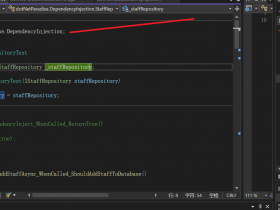- A+
所属分类:.NET技术
迭代器模式 Iterator
Intro
迭代器模式,提供一种方法顺序访问一个聚合对象中的各个元素,而又不暴露该对象的内部表示。
迭代器模式是分离了集合对象的遍历行为,抽象出一个迭代器类来负责,这样既可以做到不暴露集合的内部结构,又可以让外部代码透明地访问集合内部的数据。
使用场景
当你需要访问一个聚集对象,而且不管这些对象是什么都需要遍历的时候,你就应该考虑用迭代器模式。
当你需要对聚集有多种方式遍历时,可以考虑用迭代器模式。
实现方式
如果要自己实现需要有下面几个类:
一个迭代器抽象类(或接口)
一个聚集抽象类(或接口)
具体实现的迭代器类
具体实现的聚集类
Sample
public abstract class Iterator { public abstract object First(); public abstract object Next(); public abstract bool IsDone(); public abstract object CurrentItem(); } public class ConcreteIterator : Iterator { private readonly ConcreteAggregate _aggregate; private int _current = 0; public ConcreteIterator(ConcreteAggregate aggregate) => _aggregate = aggregate; public override object First() { return _aggregate[0]; } public override object Next() { _current++; return _current >= _aggregate.TotalCount ? null : _aggregate[_current]; } public override bool IsDone() => _current >= _aggregate.TotalCount; public override object CurrentItem() => _aggregate[_current]; } public abstract class Aggregate { /// <summary> /// 创建迭代器 /// </summary> /// <returns></returns> public abstract Iterator CreateIterator(); } public class ConcreteAggregate : Aggregate { private readonly IList<object> _items = new List<object>(); public override Iterator CreateIterator() { return new ConcreteIterator(this); } public int TotalCount => _items.Count; public object this[int index] { get => _items[index]; set => _items.Insert(index, value); } } var aggregate = new ConcreteAggregate { [0] = "大鸟", [1] = "小菜", [2] = "行李", [3] = "老外", [4] = "公交员工", [5] = "小偷" }; Iterator iterator = new ConcreteIterator(aggregate); do { Console.WriteLine($"{iterator.CurrentItem()} 请买车票"); iterator.Next(); } while (!iterator.IsDone()); More
需要注意的是,使用迭代器模式遍历集合时,不要对集合进行增加元素或者删除元素操作
在 C# 中实现 IEnumerable 接口就可以比较方便的实现一个迭代器,foreach 就是迭代器的一个语法糖
来看一下 IEnumerabe 的定义:
// 聚集抽象 public interface IEnumerable { /// <summary>Returns an enumerator that iterates through a collection.</summary> /// <returns>An <see cref="T:System.Collections.IEnumerator" /> object that can be used to iterate through the collection.</returns> IEnumerator GetEnumerator(); } // 迭代器抽象 public interface IEnumerator { /// <summary>Advances the enumerator to the next element of the collection.</summary> /// <returns> /// <see langword="true" /> if the enumerator was successfully advanced to the next element; <see langword="false" /> if the enumerator has passed the end of the collection.</returns> /// <exception cref="T:System.InvalidOperationException">The collection was modified after the enumerator was created.</exception> bool MoveNext(); /// <summary>Gets the element in the collection at the current position of the enumerator.</summary> /// <returns>The element in the collection at the current position of the enumerator.</returns> object Current { get; } /// <summary>Sets the enumerator to its initial position, which is before the first element in the collection.</summary> /// <exception cref="T:System.InvalidOperationException">The collection was modified after the enumerator was created.</exception> void Reset(); } 最后留个思考题给你,List 在 foreach 的时候如果删除一个元素会发生什么?内部是怎么样实现的呢? 可以自己实践一下




